The laboratory focuses on physical chemistry and electrochemistry for teaching and research of electrochemical energy storage devices. Reactions and concepts of batteries and fuel cells can be practically experienced and investigated at 12 modern equipped workstations.
Objectives and Ideas
In the Laboratory of Physical Chemistry, chemical reactions that take place in energy storage systems can be studied and students can experience them e.g. in the practical course Physical Chemistry. In addition to 12 workstations, there is a fume cupboard, a preparation area and an analytical workstation with an ion chromatograph for the analysis of extinguishing water samples from battery tests.
In the Energy Storage Practical Course, students can gain a basic understanding of electrochemical storage and experience the basic behaviour of a cell in practice. Students learn how to handle the most important characteristics and parameters of battery cells and determine these independently using test setups - skills that will later be required to design energy storage systems or integrate them into a system.
Laboratory equipment and activities
Twelve workstations for internships
- Complete equipment for 6 experiments each for the practical course in physical chemistry
- Complete equipment for 6 experiments each for the practical course Energy storage
- Each workstation contains all experiments for the internships, all students carry out the same experiments at the same time
- Two students per workplace
Deduction
- Opening of battery cells and analytics
- Working with potentially hazardous substances
Analytical workstation
- Metrohm 930 IC Flex ion chromatograph for determining the content of anions and cations in aqueous samples
- Flame photometer FP910 from PG instruments for the determination of potassium, sodium, lithium and calcium in aqueous samples
- FT-IR (short for Fourier transform infrared spectroscopy) for the determination of gases in batteries both during operation and in the event of rejection
Ion-sensitive electrodes for F- and H+
Inert gas workstation
- Glovebox with argon atmosphere (post mortem analysis of cells)
- Karl Fischer titration
- Schlenk line in the fume cupboard for working under inert gas
Li-ion laboratory cells (production)
- Possibility of manufacturing Swetchlog cells
- Electrochemical characterisation (galvanostat/ potentiostat)
- Impedance spectroscopy (cell level) Electrochemical workstation Zennium and booster
Area for laboratory internships
The laboratory has 12 workstations for two students each. At each workstation all the experiments listed below can be carried out. The internships are carried out within the framework of the Electrical Engineering and Electromobility course of studies.
Winter semester: Practical course physical chemistry with the experiments
- Reaction types and redox reactions
- Potentiometry / acid-base titration
- Galvanic elements and voltage series
- Conductivity of electrolyte solutions
- Faraday's law and fuel cell
- DTA: State diagram of solder
Summer semester: Practical course energy storage with the experiments
- Parameter determination of lithium-ion cells
- Battery modelling and simulation
- Battery status detection
- Battery system technology: insulation and contact resistance
- impedance spectroscopy
Winter semester / summer semester
- Theses and research masters
- Battery characterisation
- Electrolyte research
- Fire protection
- New and sustainable materials
Laboratory management and team
Prof. Dr. rer. nat. Hans-Georg Schweiger
Phone: +49 841 9348-4500
Room: H026
E-Mail: Hans-Georg.Schweiger@thi.de


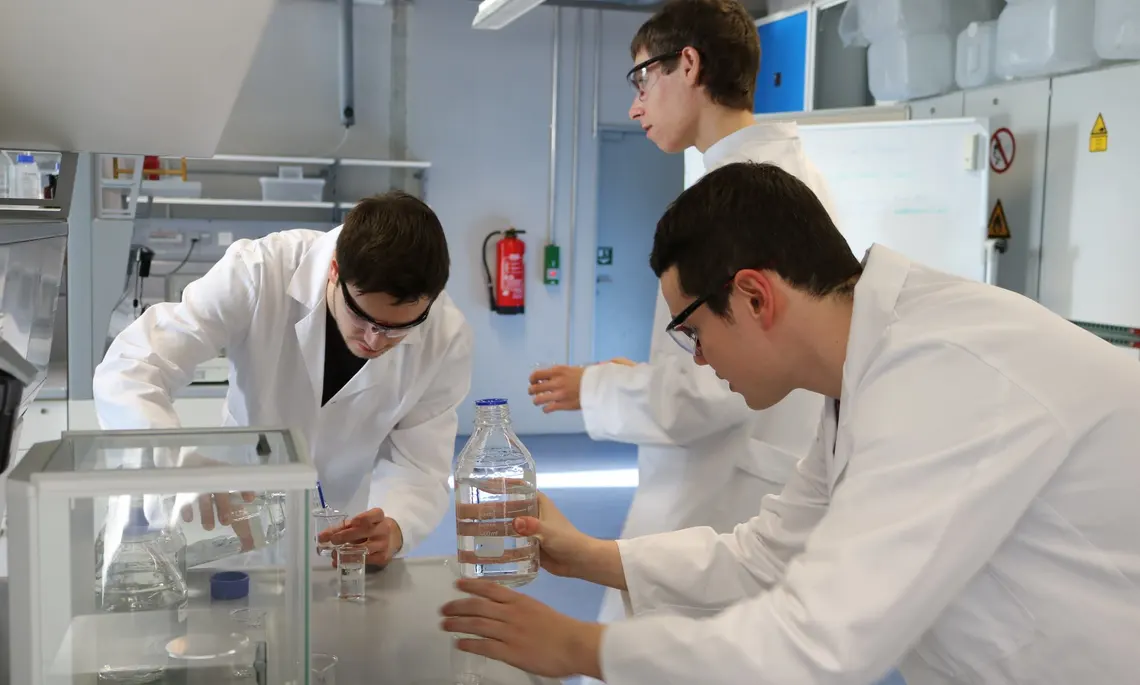

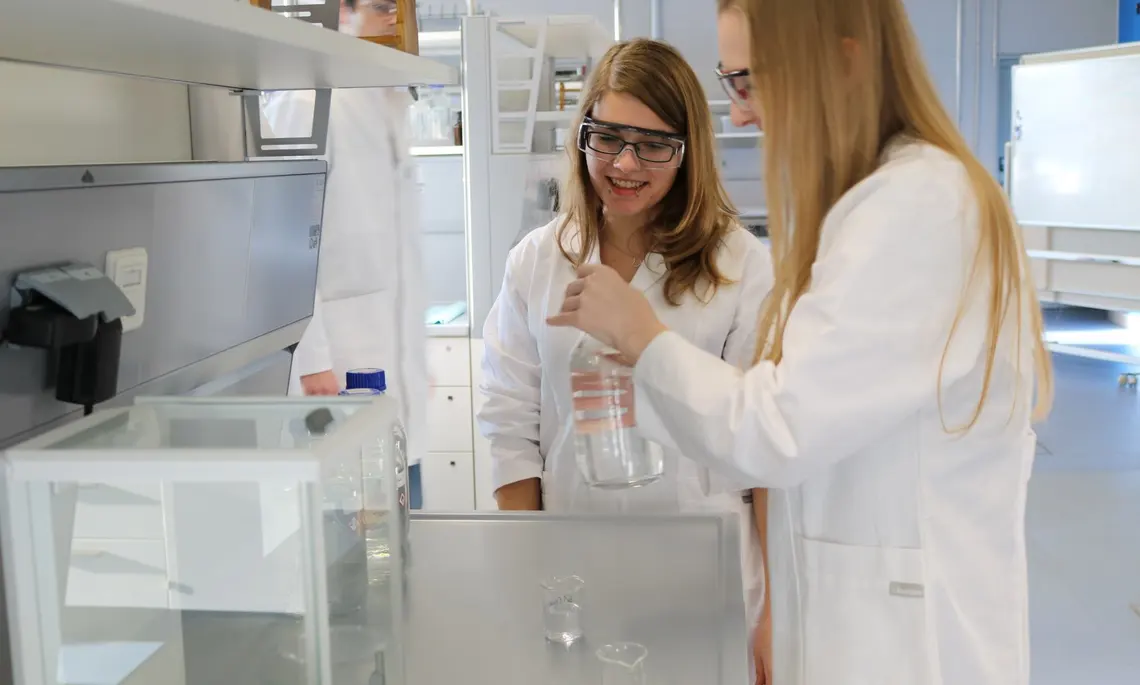

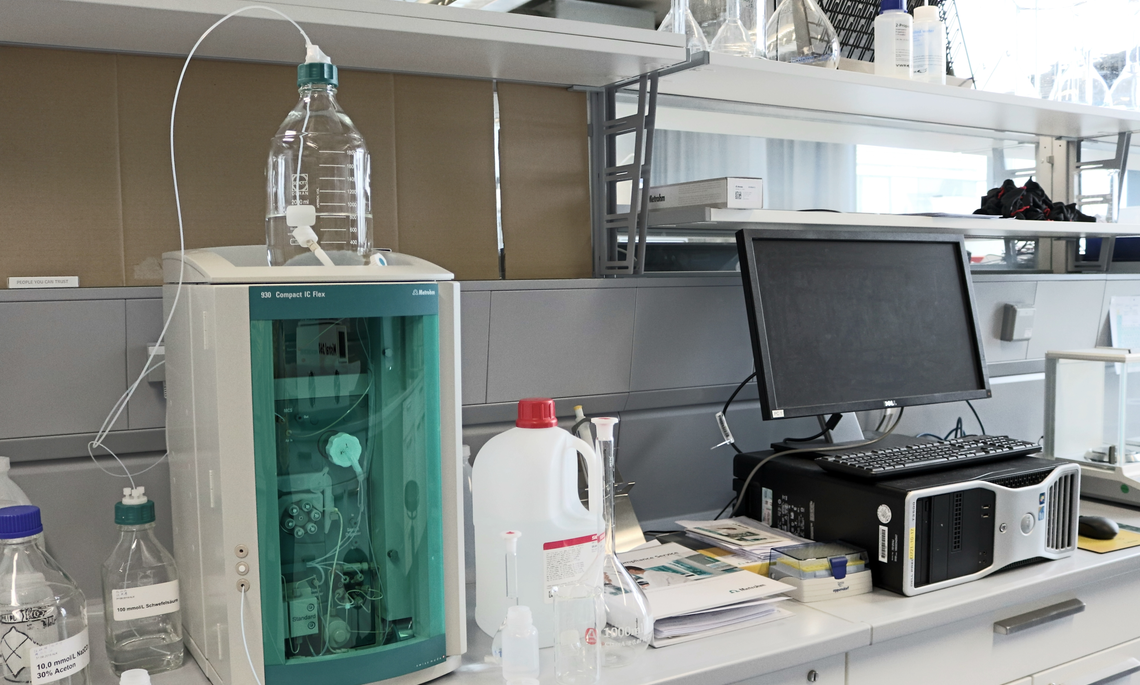
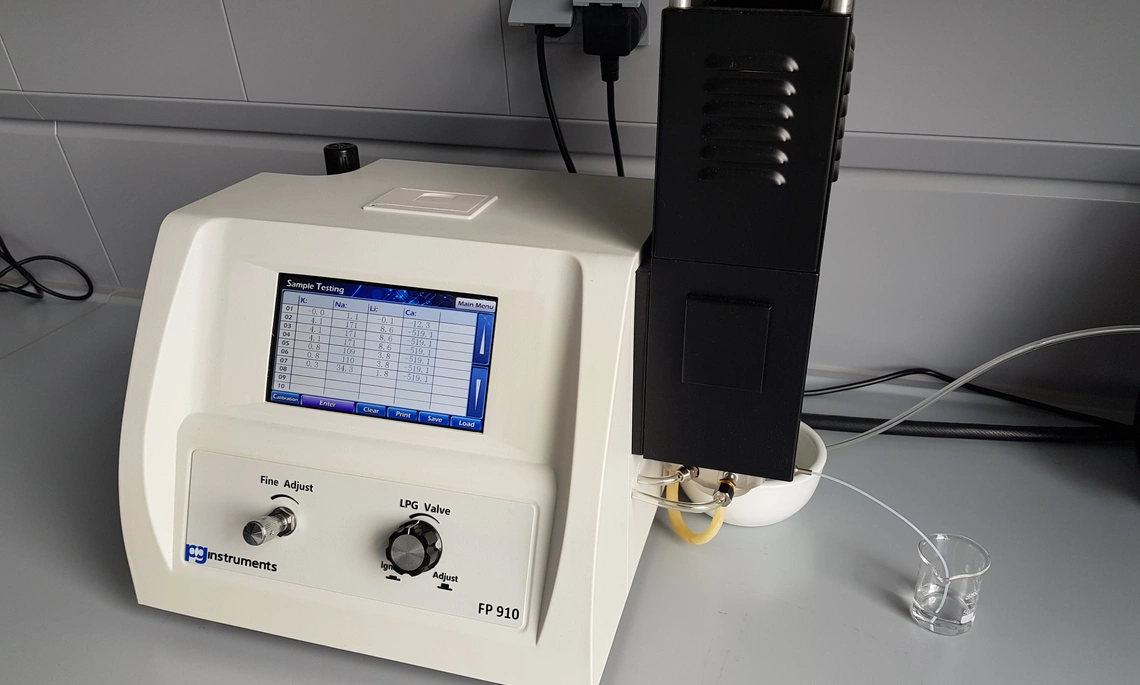
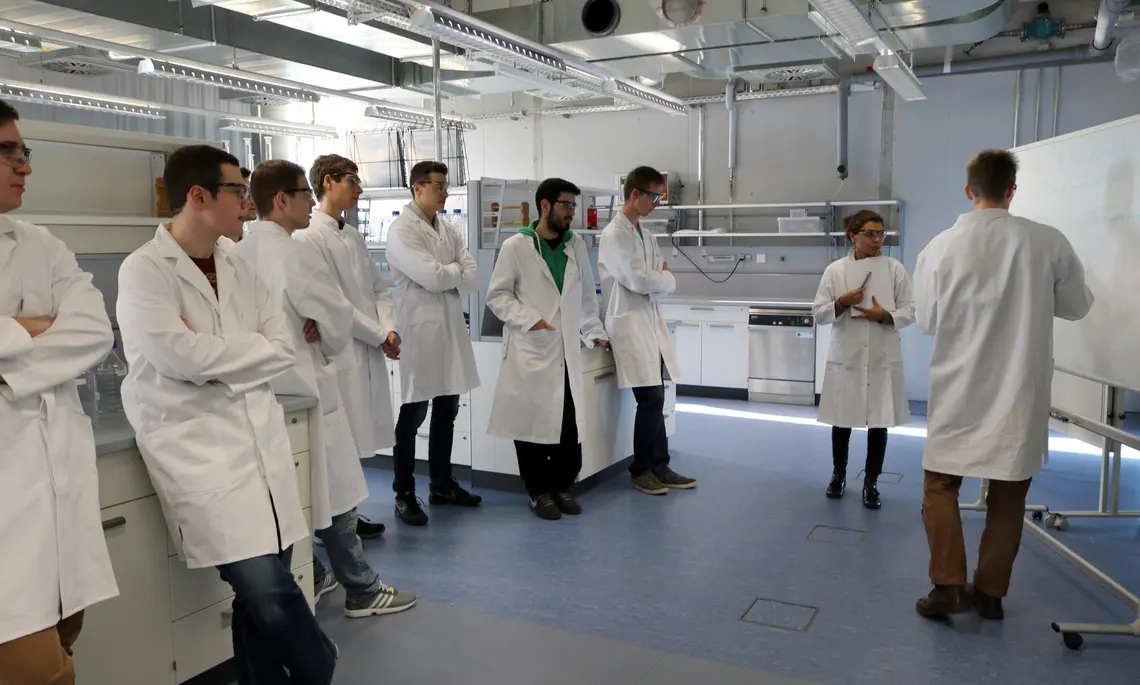
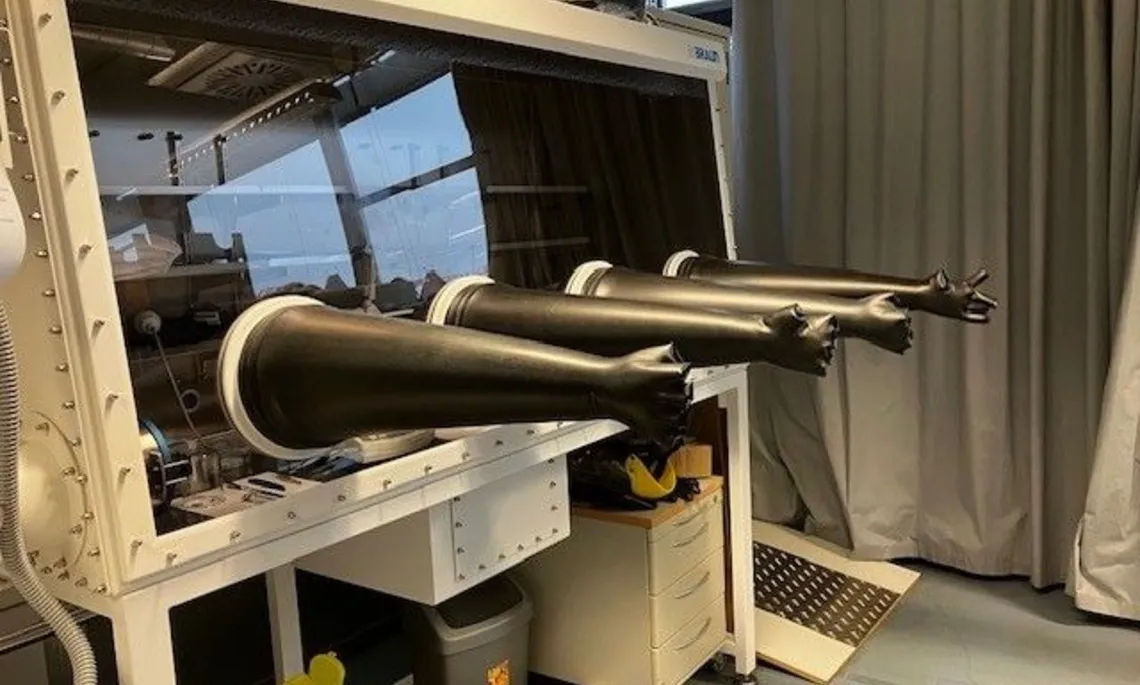
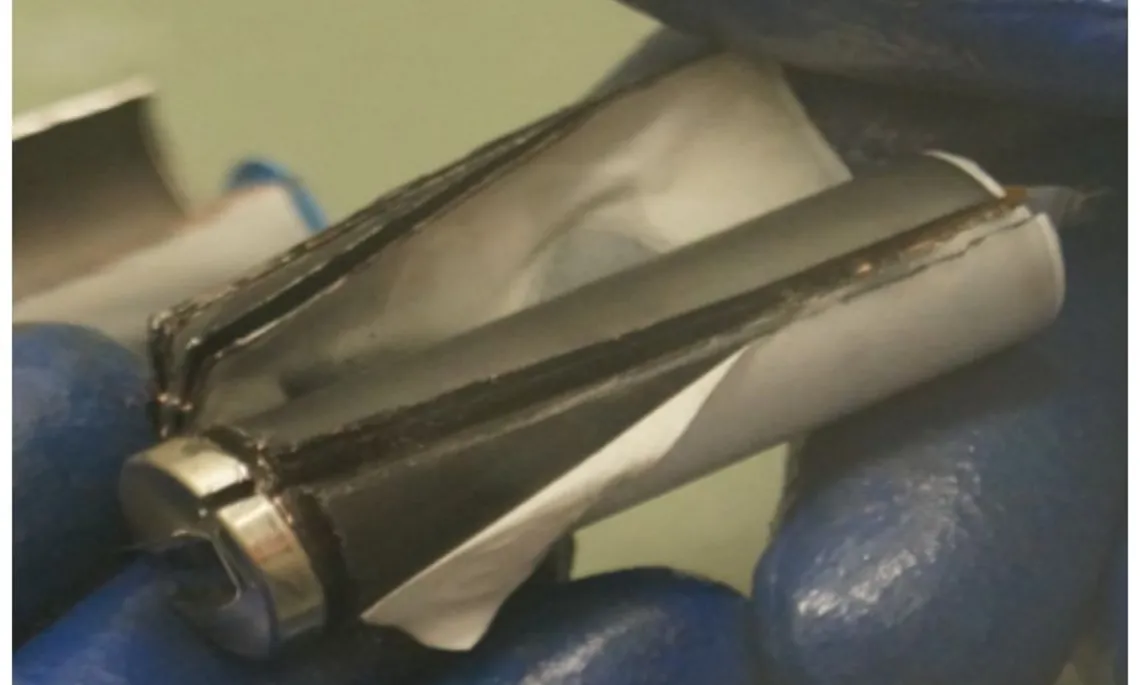


![[Translate to English:] Logo Akkreditierungsrat: Systemakkreditiert](/fileadmin/_processed_/2/8/csm_AR-Siegel_Systemakkreditierung_bc4ea3377d.webp)








![[Translate to English:] Logo IHK Ausbildungsbetrieb 2023](/fileadmin/_processed_/6/0/csm_IHK_Ausbildungsbetrieb_digital_2023_6850f47537.webp)


